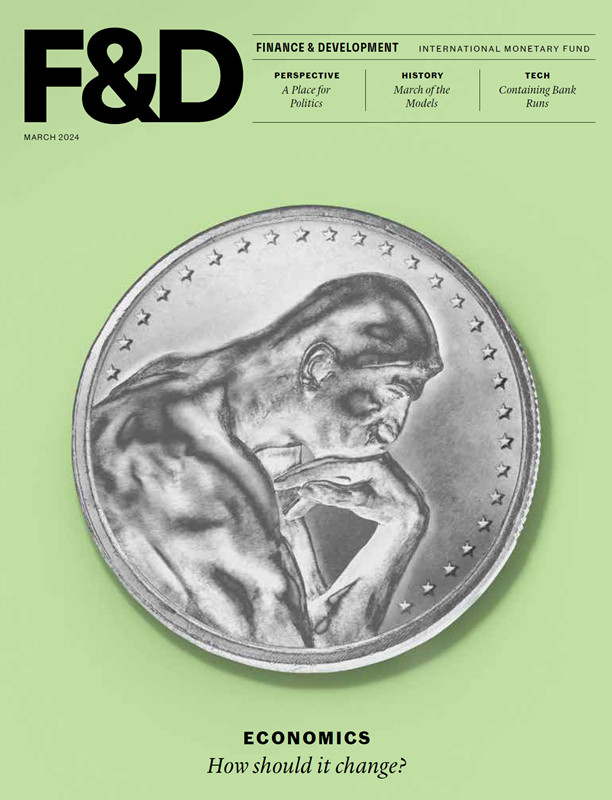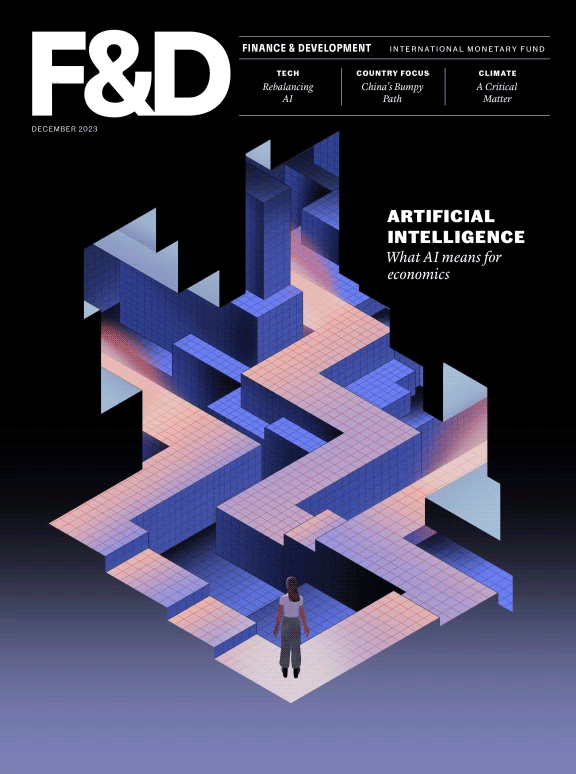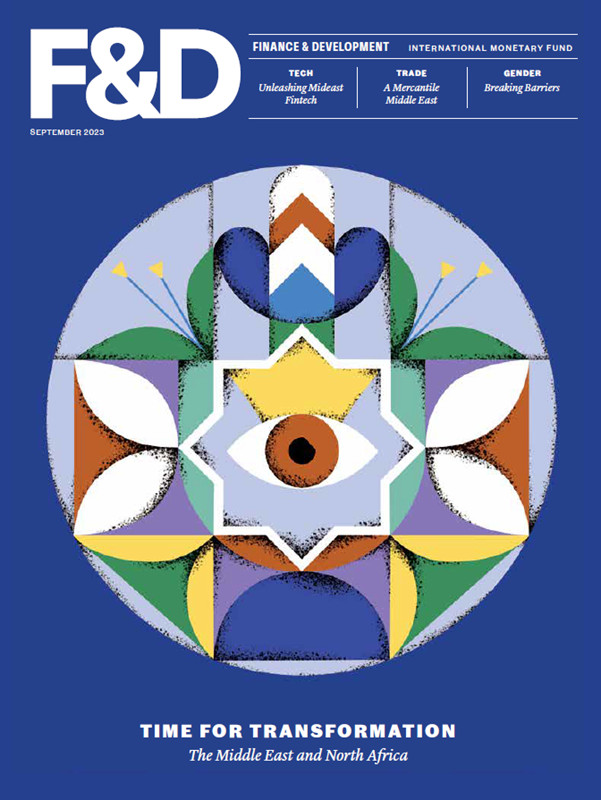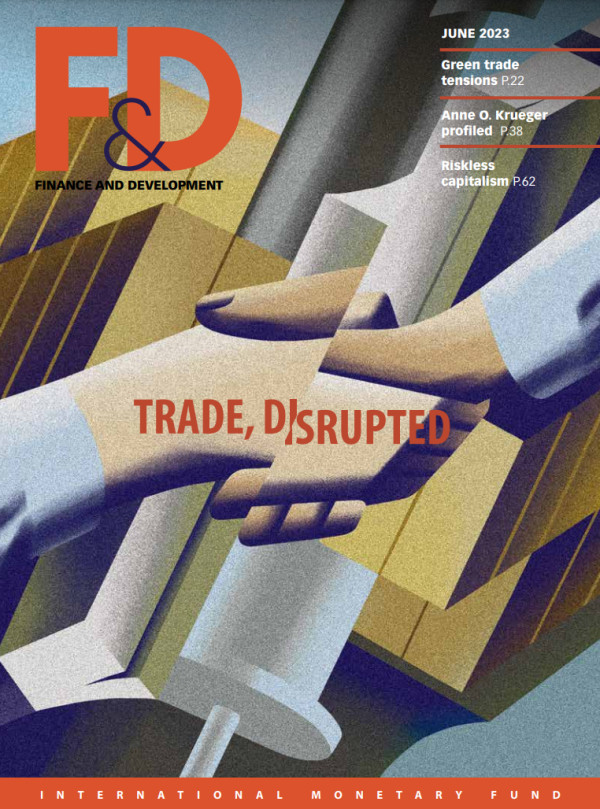Menno Snel on Tackling Tax Avoidance
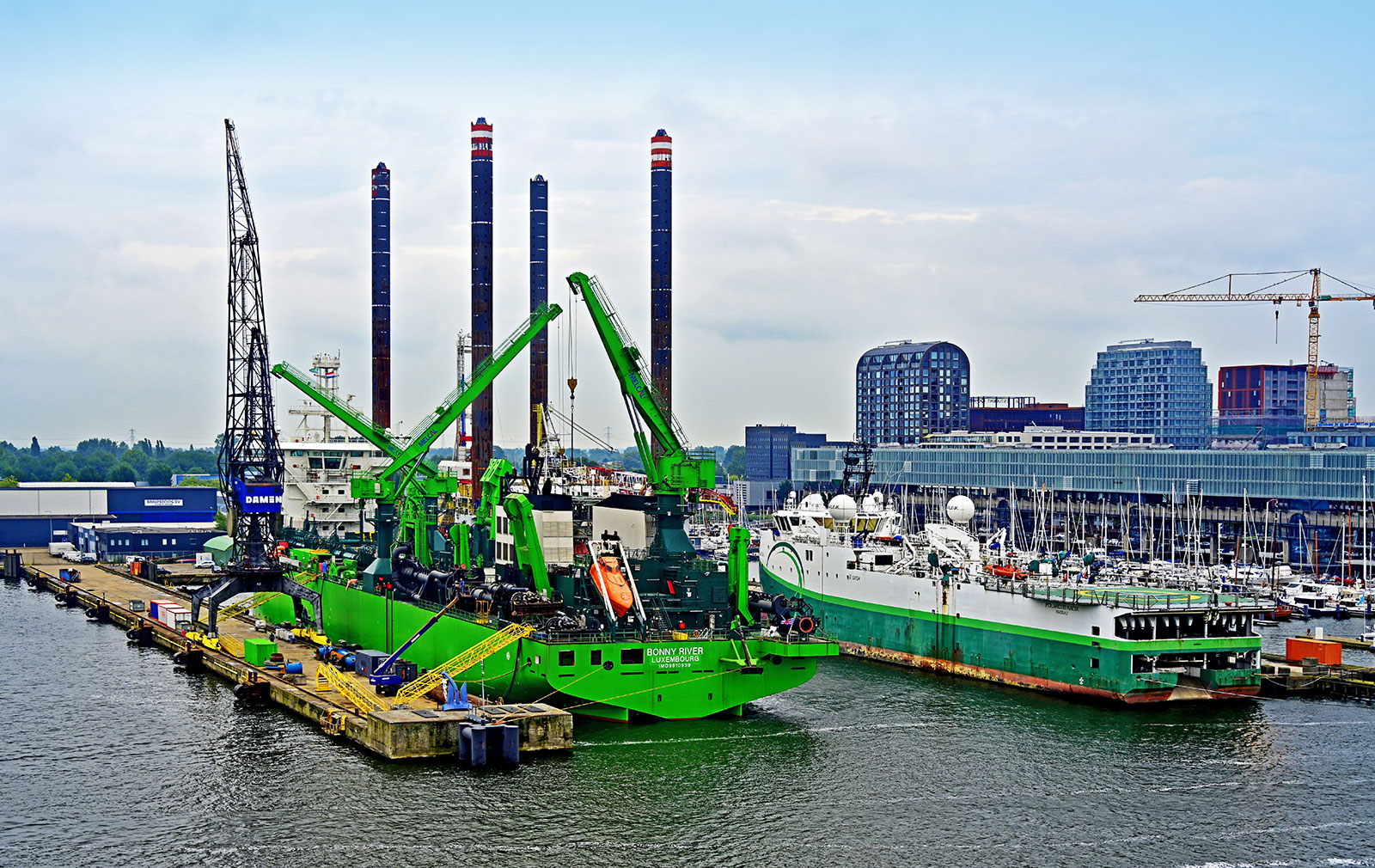
F&D: What are some of the recent measures the Dutch have taken to fight tax avoidance and tax evasion?

Snel: Our fight against tax avoidance and tax evasion has been going on for a couple of years, and it took on even greater momentum when I arrived in this job. We attracted, for example, a lot of attention when we created our own blacklist for countries that have a tax rate that are lower than nine percent. You can call them tax paradises—we just call them countries with a tax rate lower than nine percent. The Netherlands draws up that list once a year, and once a company does business with this country, it has consequences. For example, when a company wants to pay dividends or royalties to a country with low tax rates, we will put a withholding tax on these kind of capital flows. This same tax does not apply on capital flows to countries with a tax rate higher than nine percent.
The Netherlands is an open economy with an internationally oriented tax system. We know that a lot of capital flows through the Netherlands to countries with low tax rates. If you want to participate in this activity, you are free to do so, but from next year on, as I mentioned, we will collect this withholding tax of more than 20 percent on these kinds of streams. This makes it very unlikely that companies will route capital through the Netherlands.
This is quite important because when you’re seen as a “conduit country” for tax evasion, stopping it is quite a big step. People were surprised that we did it, but I think it was time to put an end to it.
F&D: What prompted you to enact these reforms?
Snel: I think fair taxation is important. It’s a moral issue, but beyond that, it is an economic issue. The Netherlands is among the world’s five most competitive economies. Our tax system has been seen as an asset for our economy for the past couple of decades. But our tax reputation was starting to turn into a liability. Once that happens, it’s time to think again.
F&D: Part of the reputational damage was related to the Netherlands’ so-called letterbox companies. Can you explain how these work?
Snel: Much of these capital flows goes through these letterbox companies, as we call them. With a real company, people come to The Netherlands, work there, pay their taxes there, and take a genuine interest in our country. They are real, and they are there. A letterbox company, on the other hand, is generally a foreign-owned entity without any real presence or employees that uses the Netherlands as an intermediary. Because we have a lot of international tax treaties, it is easy for capital to pass through the Netherlands to another country, with little or no tax on imposed on it.
From my first day in this job, I said I would do my best for sure for all legitimate companies that come to the Netherlands to conduct business, contribute to growth, and take advantage of our tax system. But if you’re coming here with just one purpose—to use our tax system to channel away capital—you are not welcome anymore. All our measures target these letterbox companies, because they do not represent a real economic value to our economy (or to any other economy).
If you look at how much money flows through the Netherlands, you’ll see it’s enormous. It’s more than 200 billion euros every year in form of dividends, interest flows, royalties, and from that amount more than 22 billion euros flow directly from the Netherlands into countries with a tax rate lower than nine percent. We are almost certain that as soon as this legislation goes into effect, beginning on January 1, 2021, we will see these capital flows dry up.
F&D: What other measures are you planning?
Snel: A lot of tax debate has to do with what we call tax rulings. Tax rulings center on the idea that our tax man can provide certainty in advance on taxation to a company—they specify that if you behave like A, B, and C, you’re going to be taxed for A, B, and C in this way. These rulings give companies nothing more or less than prior clarity about the method of taxation based on the law. But these tax rulings were seen by some as shady deals—it was perceived that you could negotiate your price with the Dutch. That was never the case, but because we weren’t transparent enough about our rulings, this idea was floated constantly and it was hurting our reputation.
So we made a couple of things very clear. For example, if you build a shell company, you will not get certainty in advance from our tax man. Or if we feel that a company’s sole purpose is to lower the tax burden for any other country, you will not get certainty in advance. Third, we now publish all rulings by our tax authorities, which makes it clear that we do not want to be in a shady corner—we want to be fully transparent.
Furthermore, because of our past reputation, we now implement more than just the minimum that is legally required with new laws that tackle tax avoidance that were put on the table at the European level. Because of this, the OECD has called us a front runner in the fight against tax avoidance, and I will see to it that the IMF, World Bank, and other international institutions also take notice.
F&D: What attracts so many international companies to establish a presence in the Netherlands?
Snel: Tax treaties aside, we also provide an excellent environment. We have good public transport, a well-educated population that speaks several languages, good schools, and top-notch internet connection. It is also our location. We have the biggest harbor and the biggest aviation hub for Europe—one of the most logical ways to get your goods and services into Europe is through the Netherlands. Even with less inviting taxes, I believe that a lot of companies would still come here. With Brexit, companies are redefining their European strategy and the Netherlands is a logical choice for companies to take into consideration.
F&D: How are the Dutch coordinating internationally to prevent tax evasion?
Snel: We know that if companies do not use the Netherlands anymore, they will find another place to do business. So if we want to combat tax evasion, tax fraud and tax avoidance, we need to work together. This is why we have chosen to actively engage the OECD in discussions and ask other countries to follow our example. If other European countries would follow this simple method of taxing financial flows that go to countries on a blacklist, we could prevent the continent from being used as a conduit for tax evasion.
At the ministry, we are negotiating meetings to find support for this goal. And of course, OECD is working on these issues as well—they recently presented a big paper on how to combat tax evasion. But as the world becomes more digitalized, these flows will be more difficult to monitor.
F&D: Your ministry is also quite active in the fight against climate change.
Snel: Another priority issue for me is the greening of the tax system. We just finalized our national climate change accord. Many of the proposals that we put forward are related to the fiscal side. For example, we are one of the first countries to put in place a carbon emissions tax for industry. We proposed this a few months ago and we’re now preparing legislation to be put forward in the first quarter of next year. We wanted to set a standard, because the externalities of carbon emissions are so significant. So we talked to the Germans, the French, and the Belgians and tried to persuade them to do the same. We have also introduced a minimum carbon price for our electricity-producing sectors.
We have also been very active in trying to persuade policymakers of the need to introduce a European aviation tax. Regardless of whether we succeed on a European level, we will introduce a national one in 2021. But we put a lot of effort into preparing a plan with as much European participation as possible, saying if you look at our aviation sector or our shipping sector, there is currently no taxation on the electricity or the fuel that they use. There is no VAT on the price of a plane ticket. We tax all kinds of transport, but not planes. These days, we no longer have that luxury.
Last June we hosted an international conference here in The Hague where we published a paper that discussed various options from a kerosene tax to a ticket tax. And there was a considerable amount of attention, including from Frans Timmermans, the new EU Commissioner for Climate Change. We are working with other European countries on this aviation tax: The Netherlands has together with 8 other EU countries put out a statement recently calling on the new European Commission to come up with a proposal for some form of aviation tax . If we do it all by ourselves, the effect will not be as great as if we work together.
F&D: Do you support the idea of a digital services tax?
Snel: I gave a talk recently where I presented two pictures: my street 100 years ago and the same street today. You can clearly see the change in economic activity. We were in a different economy 100 years ago, very much centered on physical presence. So much has changed. Yet the tax rules, even the way we define progress, have not really evolved over the past century. So it is time for a change.
A key problem—whether you’re talking about big companies or smaller ones—is defining where exactly the profits are made. What is the profit center when you sell shoes—is it the brand name that is your profit maker? Or the place where you’re selling the shoes? It’s difficult to say.
It is important to build a system that works for today’s economy. People say that these big companies ought to be taxed and I agree. Some European countries chose to go it alone and institute a digital services tax for that country alone. I’ve always felt that was the wrong way to go about it, and we risk ending up with a situation where nobody is happy. I believe the solution here is to work on this with the OECD. We have more than 160 countries working together trying to find a solution. Even if it takes more time, I’d rather do that than go it alone on a digital services tax for individual countries.
F&D: What is your overall philosophy on taxation?
Snel: I think the way we levy our taxes matters. Everyone must pay their fair share—big companies and small companies, individuals and corporations, poor countries and rich countries. It’s the fairness that is sometimes missing. Fairness is the underlying goal in everything we just discussed, from the issue of tax evasion to the greening of the tax system.
Opinions expressed in articles and other materials are those of the authors; they do not necessarily reflect IMF policy.





